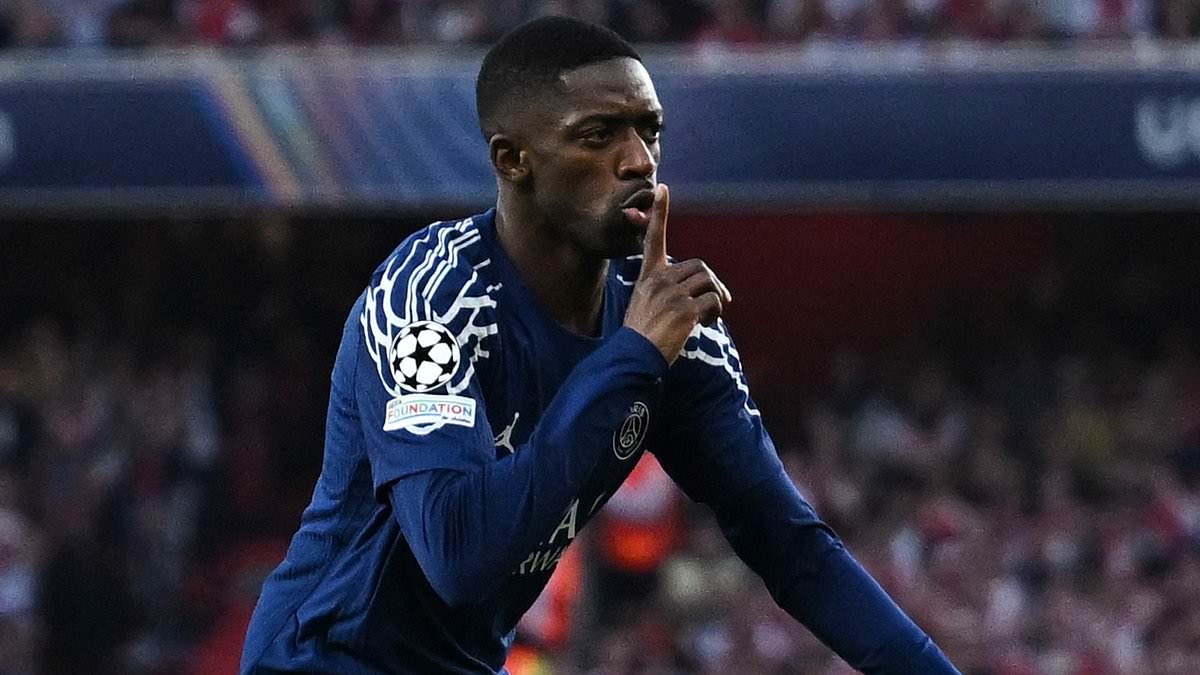For the past two years, a defining characteristic of Mikel Arteta`s Arsenal has been their dominance in key duels. This focus stems from Arteta`s stern emphasis; displeasing him often results from losing these one-on-one battles, a principle that has become deeply ingrained in the team`s mindset.
The arrival of players like Declan Rice, Kai Havertz, and Jurrien Timber, all strong in individual contests, has reinforced this. Arsenal`s defensive scheme, particularly their ability to dominate midfield duels with size and agility and apply pressure on the wings, has been highly effective, even tested successfully against players like Vinicius Junior and Kylian Mbappe.
However, for a significant portion of the first half in this tie, Arsenal`s usually formidable out-of-possession performance faltered. Their reputation for defenders like Jurrien Timber completely locking down opponents seemed uncharacteristically absent.
Perhaps Khvicha Kvaratskhelia was simply exceptional. He proved unstoppable in the early stages, breaking free from Timber to set up Ousmane Dembele`s opening goal. Timber was fortunate not to concede a penalty for contact on Dembele later.
It wasn`t just Kvaratskhelia; Arsenal looked overwhelmed across the pitch. Dembele`s movement caused issues, and PSG`s midfield, despite doubts about their physicality, proved powerful and precise in their challenges, validating Vitinha`s pre-match assertion. Building from the back was a struggle under PSG`s pressure, often resulting in tense moments and risky clearances.
Arsenal`s own press lacked its usual intensity and coordination, exemplified when Nuno Mendes easily bypassed it to start the move for the game`s only goal. In the opening 23 minutes, Arsenal won a mere 26 percent of duels. The team, and the previously vibrant crowd, appeared shellshocked, highlighting how far removed this was from the intensity Arteta had called for.
The pattern didn`t hold, however. PSG`s pressing couldn`t be sustained, and Arsenal adapted, opting for longer passes and focusing on winning second balls higher up the pitch. Arteta confirmed they made a “very specific” correction after 15-20 minutes that “turned the game around,” though he declined to elaborate on the tactical tweak.
Arteta downplayed initial issues, stating only that critical specific adjustment was needed. He credited this fix with significantly improving their performance thereafter.
Following this adjustment, the match became much more balanced for the subsequent hour. Arsenal had chances, including Mikel Merino`s offside header and Leandro Trossard testing Gianluigi Donnarumma, while PSG also missed opportunities, notably through Bradley Barcola and Goncalo Ramos.
Looking ahead to the second leg, it`s reasonable to expect a much better performance from Timber, who recovered from winning just one of his first eight duels to winning all of his next five. William Saliba also grew into the game, making a crucial tackle. The potential inclusion of Thomas Partey could further aid Arsenal in bypassing PSG`s press, offering another option for direct play.
In the 67 minutes after their initial slump, Arsenal`s performance in duels improved dramatically, winning 55 percent overall and 72 percent in aerial duels. This period showcased what peak Arsenal looks like in physical contests.
When playing at their best, Arsenal are clearly a match for PSG, suggesting a finely balanced and compelling semifinal tie overall. However, knockout matches are often decided by critical moments or periods of poor performance. Arsenal`s early struggles in duels, their defining strength, occurred precisely in such a critical phase and could ultimately prove costly, potentially denying them a place in the Champions League final.

